Dealing with bed bug infestation is a true battle, especially if the colony of these pesky parasites has been living in your home for quite a long time and it had enough time to spread and settle. So naturally, people start searching for the most effective methods of getting rid of these blood-sucking pests.
However, since the most common way of destroying bed bugs is chemicals, some homeowners may not want to get in contact with such harmful substances. Instead, people try to find a safer substitute, preferably natural or at least human-friendly.
This is why quite many of us wonder whether such a common household product as baking soda is able to help us to get rid of those annoying parasites once and for all. So does baking soda work to kill bed bugs indeed? This is what we will try to figure out in today’s article!
Does Baking Soda Kill Bed Bugs And Their Eggs?
To get rid of the bed bug infestation once and for all, you need to destroy not only the adult parasites, but also their nymphs and even eggs. Only in this case can you be sure that the new “neighbors” will not appear in your bed one aweful night.
And since quite many people try to find safer and more human-friendly remedies for this disaster, they often try to use ordinary baking soda instead of chemicals in order to cast the pests away. But is this product really helpful?
Well, honestly speaking, it is not. See, the idea of using baking soda as a bed bug killing product is the following. Once you spot the bed bug infestation in your home, you need to take a box of baking soda and sprinkle the powder around the key hotspot areas that these pests typically tend to inhabit (for instance, mattresses or the area around your bed).
After a few days, you are supposed to vacuum the powder up and repeat the process from the very beginning.
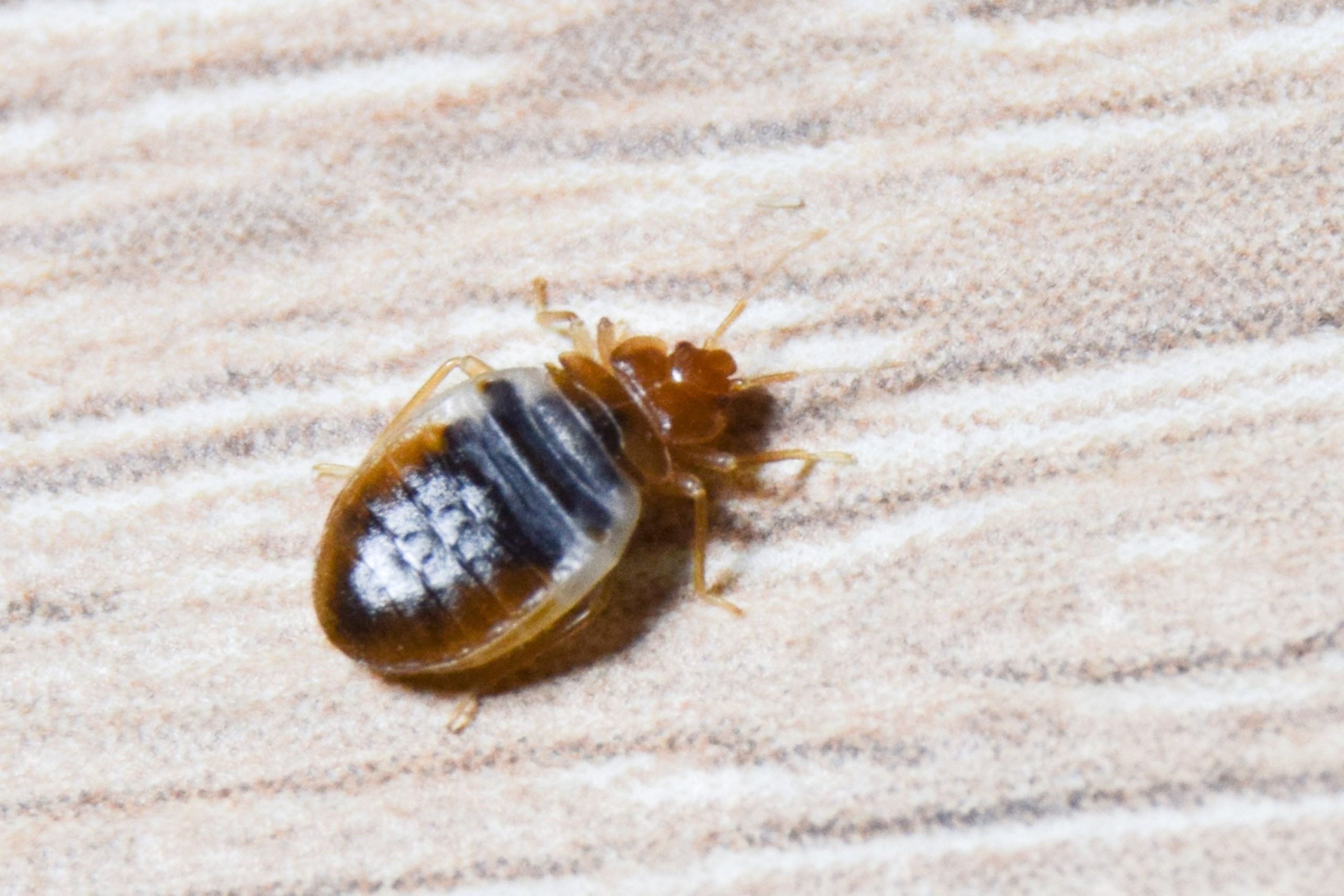
There is a belief that baking soda will absorb all the fluids on a waxy layer of a bed bug’s shell which will lead to the pests’ dehydration. The tiny particles of baking soda can also cut into a bed bug’s shell and thus cause internal bleeding. Sounds creepy, but does it really work this way? In fact, no, it doesn’t.
There is no scientific evidence of baking soda being able to kill or even repel bed bugs. In addition, baking soda breaks down when getting in contact with water which makes the statement about its ability to absorb fluids absolutely pointless.
So if you have ever thought of using baking soda as a bed bug repelling or killing product, we recommend you shift to the traditional chemical treatment since it is already proven and gives visible results and a stable effect.
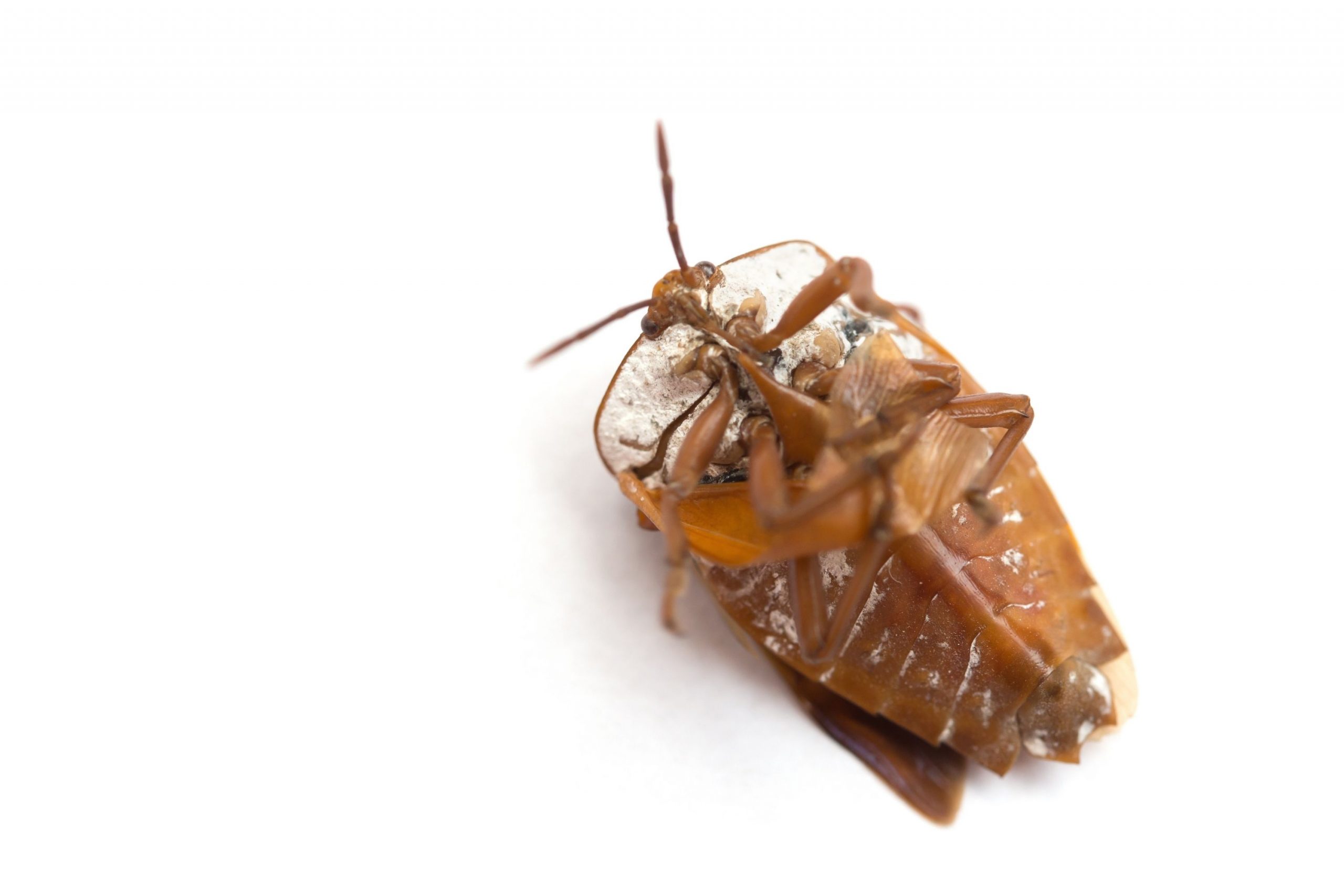
Myths And Facts About Killing Bed Bugs
Except for the baking soda method, there are a few others that people believe to be effective. In fact, none of them work as a bed bug destroying remedy. And since using such non-effective remedies has no effect and only gives the pests more time to spread and settle in your home, we find it necessary to debunk such myths.
Instead, we will give you a couple of really well-working ways of getting rid of bed bug infestation that you can use in case you spot these critters somewhere around your bed!
So, what products are believed to be helpful as anti-bed bug remedies whilst this is not what they truly are?
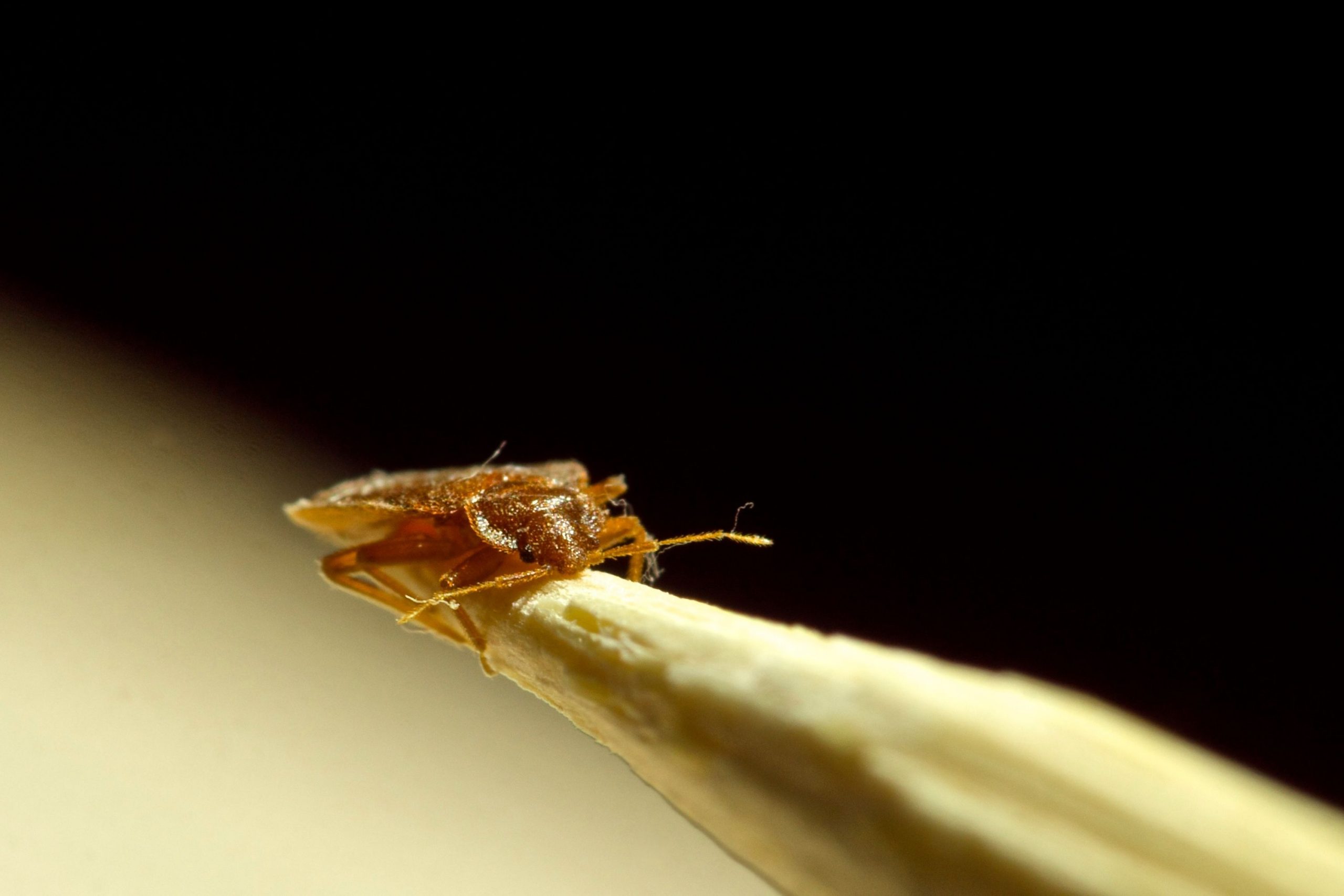
Related: Does Bleach Kill Bed Bugs?
Ultrasonic Devices
It is believed that the high frequency of the sound they produce will be uncomfortable for the bed bugs , forcing them to leave the area. Is that true? Unfortunately, it is not. Like with most theories of using ultrasonic devices as home remedies for pests, these devices have no effect on bed bugs.
Instead, these devices can even cause a diverse effect! Since they get warmer while working, they can attract the pests being a source of heat that bed bugs are attracted to. Thus, your “repelling” device will become a haven for the bloodsuckers!
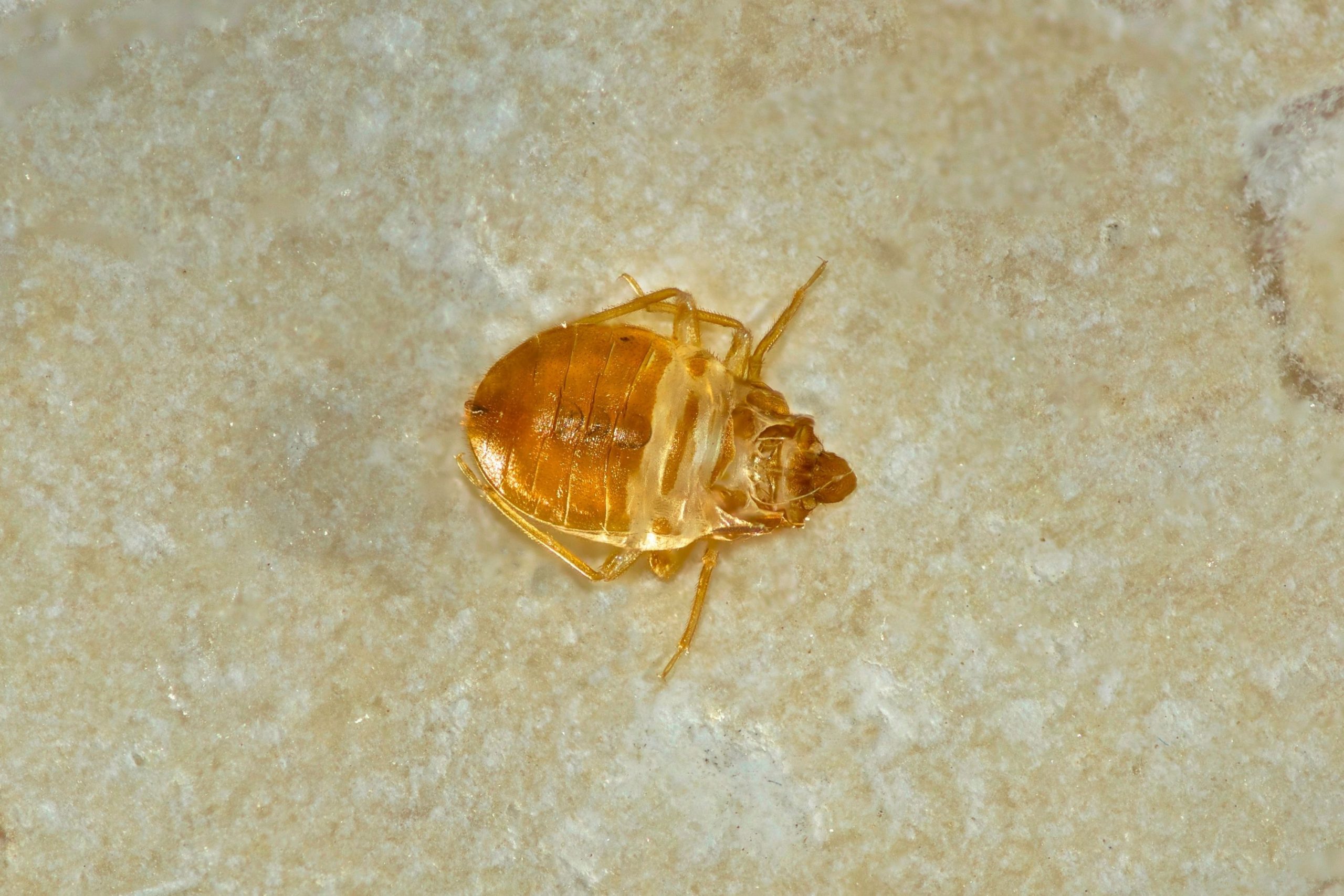
Moth Balls
There is a belief that, if you place a handful of moth balls around the common bed bug hotspots, they will be destroyed. However, tests did not show a significant effect of this method.
A part of adult bugs (around 40 to 60 percent) died indeed during the experiments, but their eggs and nymphs survived successfully.
Which means that moth balls can not be called an effective remedy for bed bug infestation.
Talcum Powder
Unfortunately, talcum powder can not be used as an anti-bed bug remedy. Even though people believe that, if you sprinkle it around the common bed bugs’ hotspots, it will kill them, there is no scientific evidence or proof of such an effect this product causes.
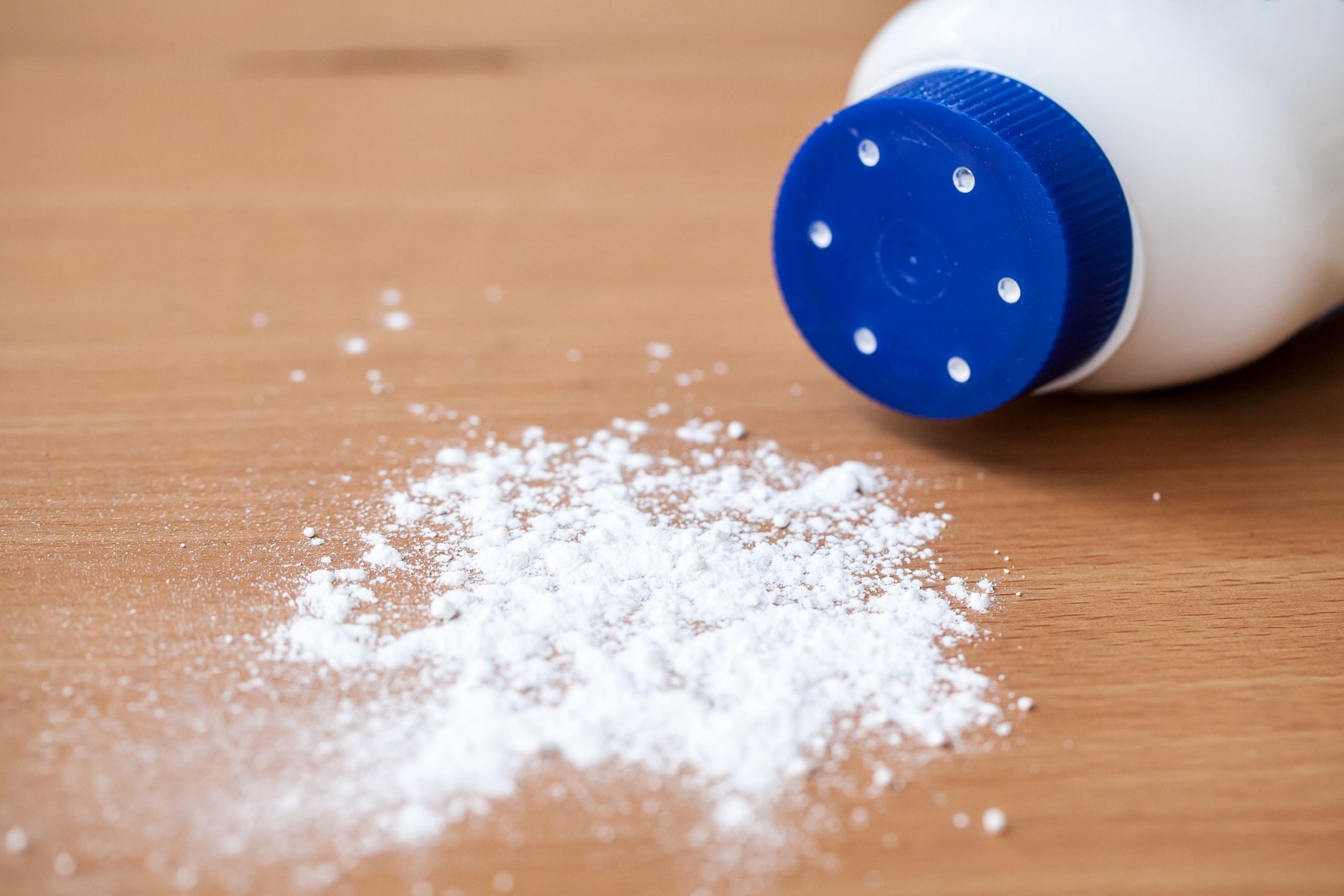
Rubbing Alcohol
Some of you might have heard that rubbing alcohol can help you to kill bed bugs if you pulverize it to the common bed bugs hotspots. However, it is not quite true. If you spray alcohol, it may kill a part of the parasites, but the experiments showed that half of the population will still survive after a few days.
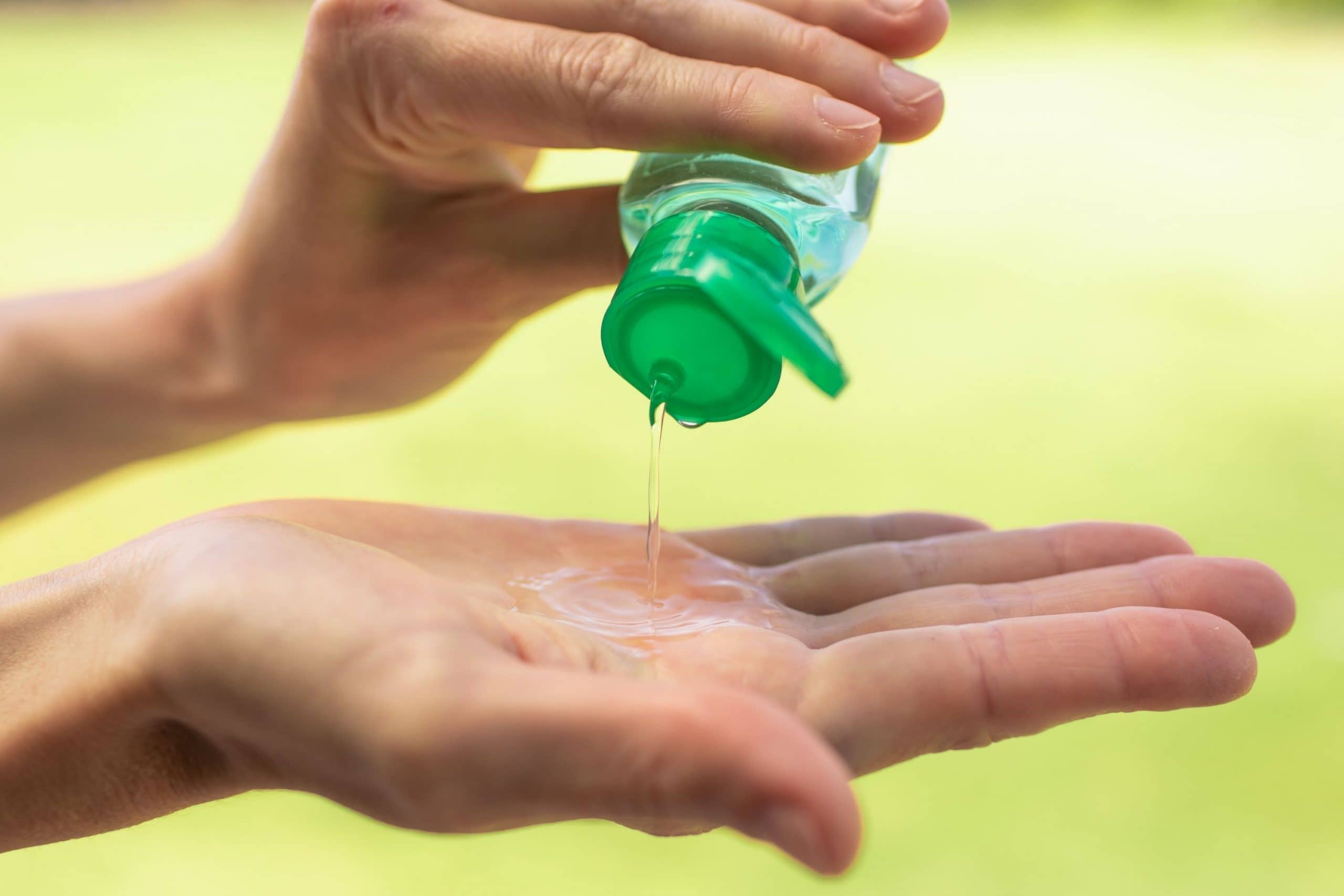
Tea Tree Oil
Even though certain essential oils can be successfully used as moths and insect repellents, tea tree oil will not be able to kill or even repel bed bugs. It will only be partly effective, and only in case you manage to spray it directly onto the insect which is rather difficult to do since bed bugs do not come out during the day!
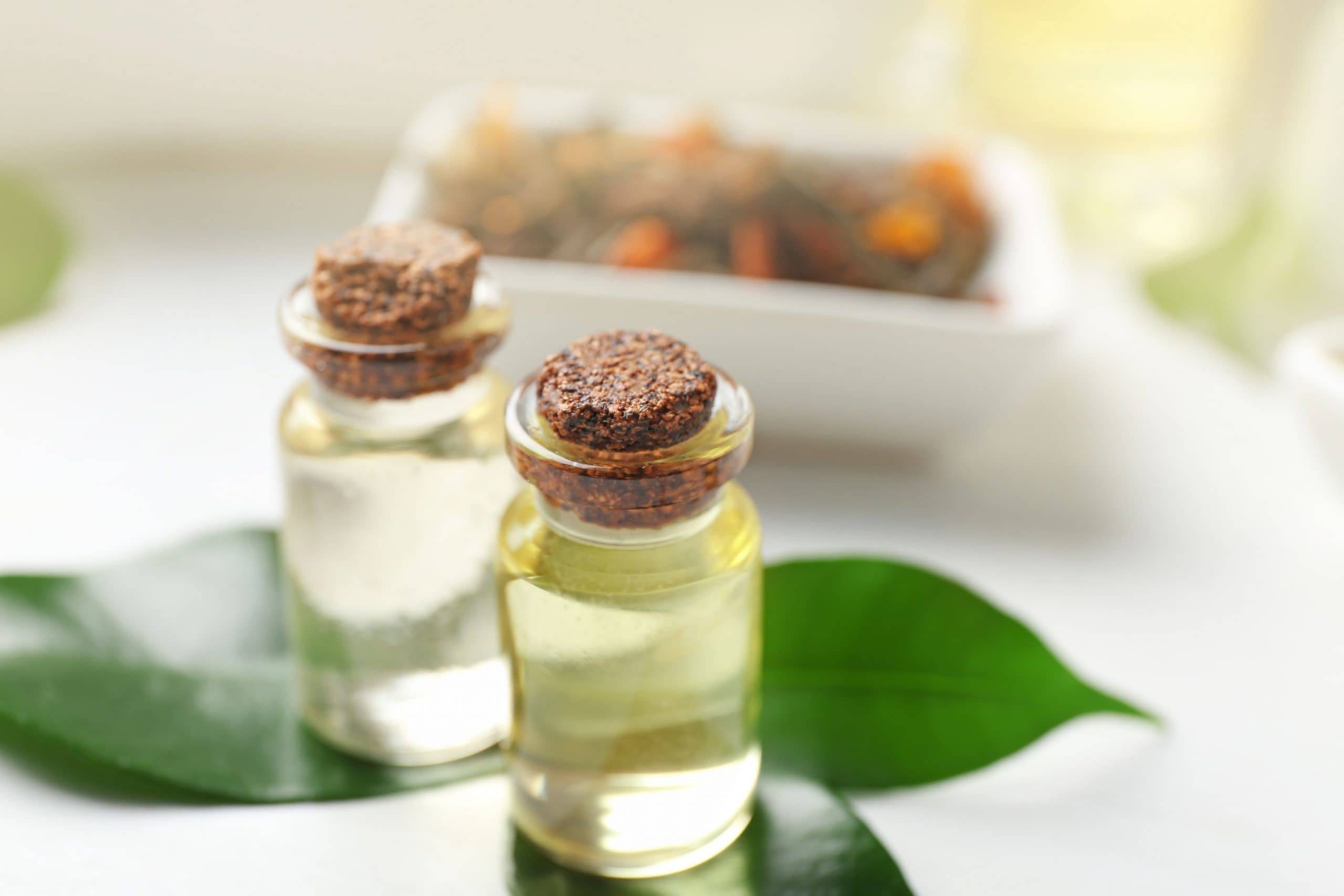
Dryer Sheets
It is believed that, if you place scented dryer sheets underneath your bed sheets and mattress, as well as in your cupboards, drawers, and underneath your sofa cushions, their scent will repel the parasites.
However, this is a myth. There is no scientific evidence of dryer sheets to be an effective anti-bed bug remedy. Even if their scent was able to repel or kill the pests, they would simply find the way around to get to their food source.
So none of these DIY and homemade remedies can be considered effective as an anti-bed bug treatment method. Of course, some of them have a certain positive effect, but only partly. So if you want to get rid of these pesky critters once and for all from the first attempt, we would recommend you opt for a well-known chemical treatment since it has already proved its efficiency multiple times.
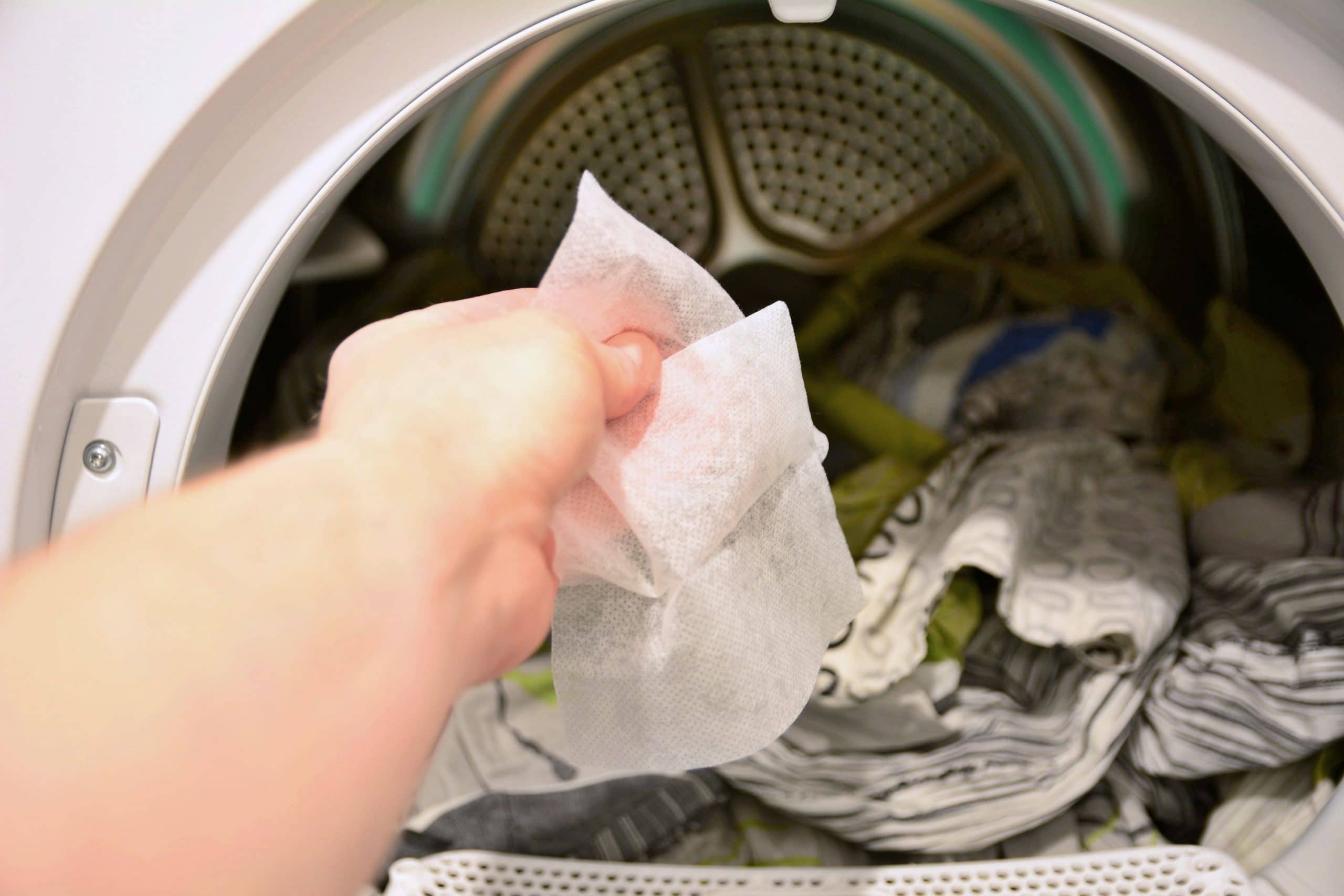
Methods That Really Kill Bed Bugs
So, since now you are aware of the products that will not have any effect if used as bed bug repellents or killers, we would like to introduce you to the remedies that will be way more effective. And since all of them are extremely simple and easy to get, you will have no problems with using them.
Cold
Well, freezing to be more precise. See, if you have already spotted a bed bug infestation in your home, you can simply grab all the infested items and place them into the freezer for at least four days. However, make sure that the temperature is at or below zero Fahrenheit! Otherwise, there will be no effect.
You can use this method for killing bed bugs on your pillows, duvets, and other bed sheets and items where these pests can be found. However, we would like you to keep in mind that this method is not a foolproof solution to fully remove the parasites from your home.
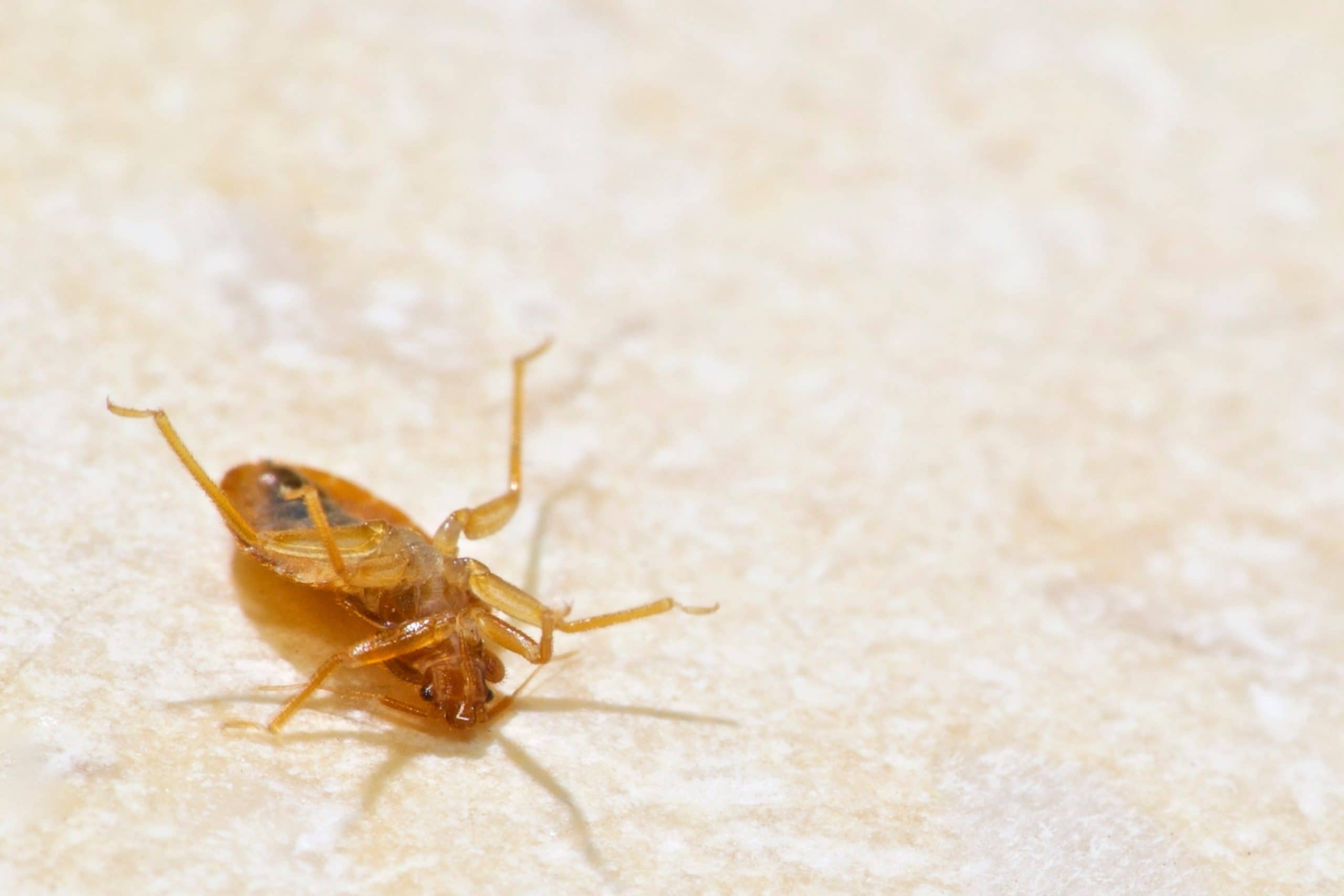
Vacuuming
This is an effective DIY bed bug control solution. Vacuum the entire home thoroughly paying more attention to the areas underneath the beds and furniture, as well as between wall joints. Once finished, empty the contents of the vacuum in an outside trash can.
Unlike other homemade remedies, vacuuming helps to remove not only the adult pests but also their nymphs and even eggs.
It helps to significantly control the pests population.
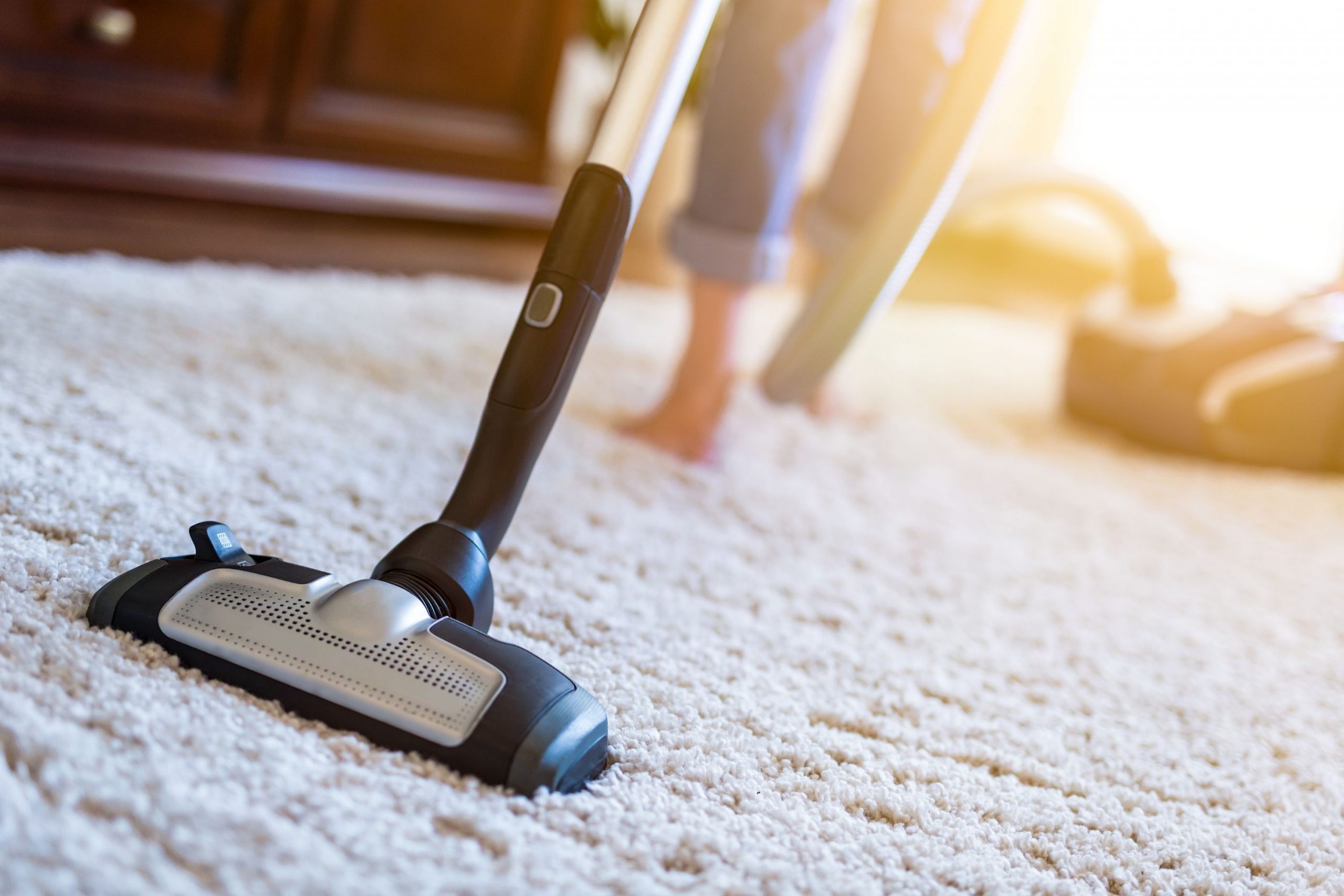
Wash Your Bedding
Washing your bedding is an effective method to get rid of these pests. Just strip the bedding from your bed, place it all in a garbage bag, and transfer it all to the washing machine. Wash it at the temperature of at least 140 degrees Fahrenheit for at least ninety minutes ideally.
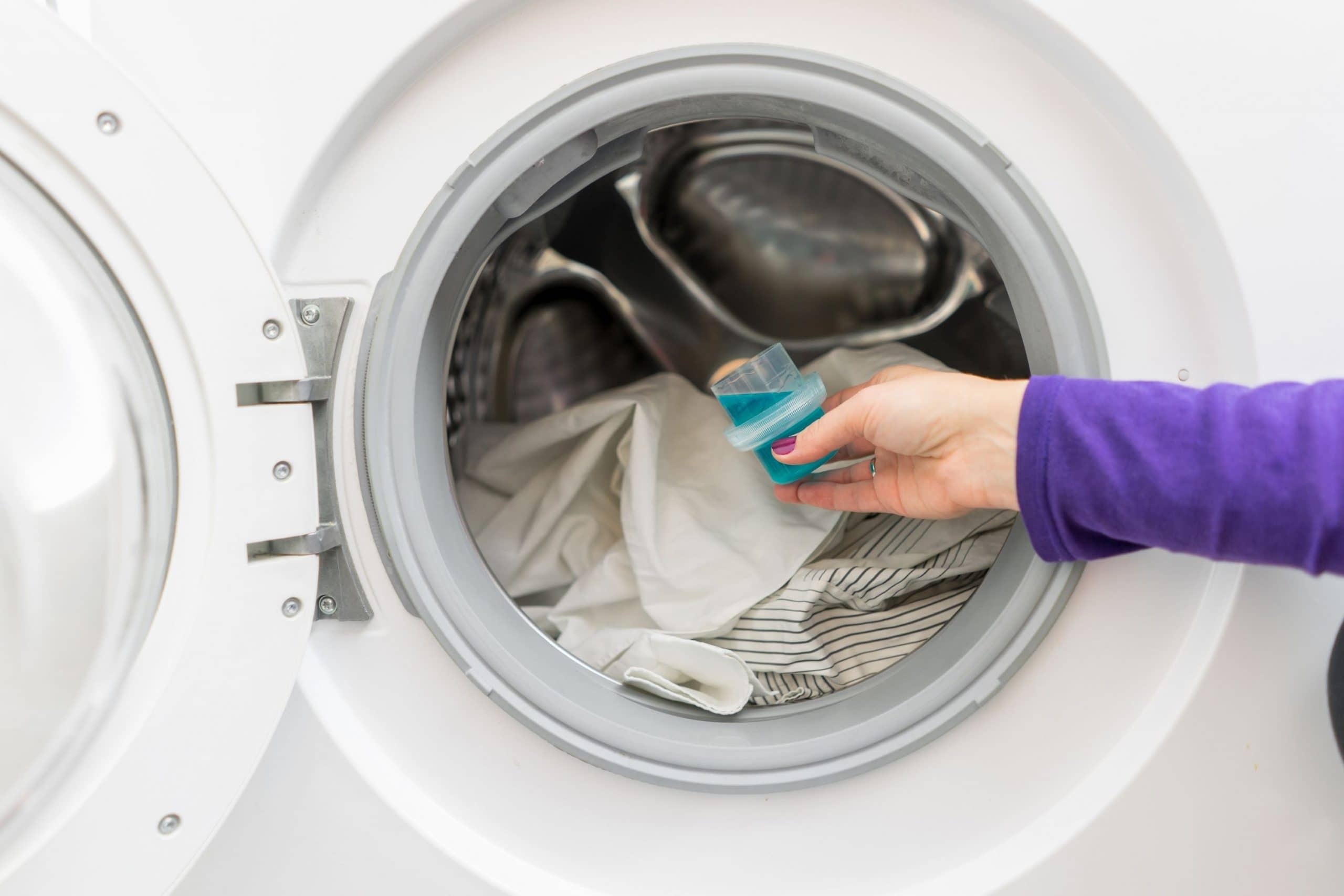
Diatomaceous Earth
This is another effective anti-bed bug remedy you can use. You just need to apply a fine amount of it along the seams of your mattress, as well as bed frames, and furniture. The product will cause the pests to die due to their dehydration.
Nevertheless, diatomaceous earth will only work under certain circumstances. First of all, applying too much of it will have no effect, as well as if you apply too little. If you apply too much, bed bugs will simply navigate around it, in addition, an excessive amount of this product can be harmful for your health. And if using too little, you will not have any effect at all.
And second, diatomaceous earth is not a foolproof remedy if used as a stand-alone treatment. This is why you need to use it alongside other bed bug control options.
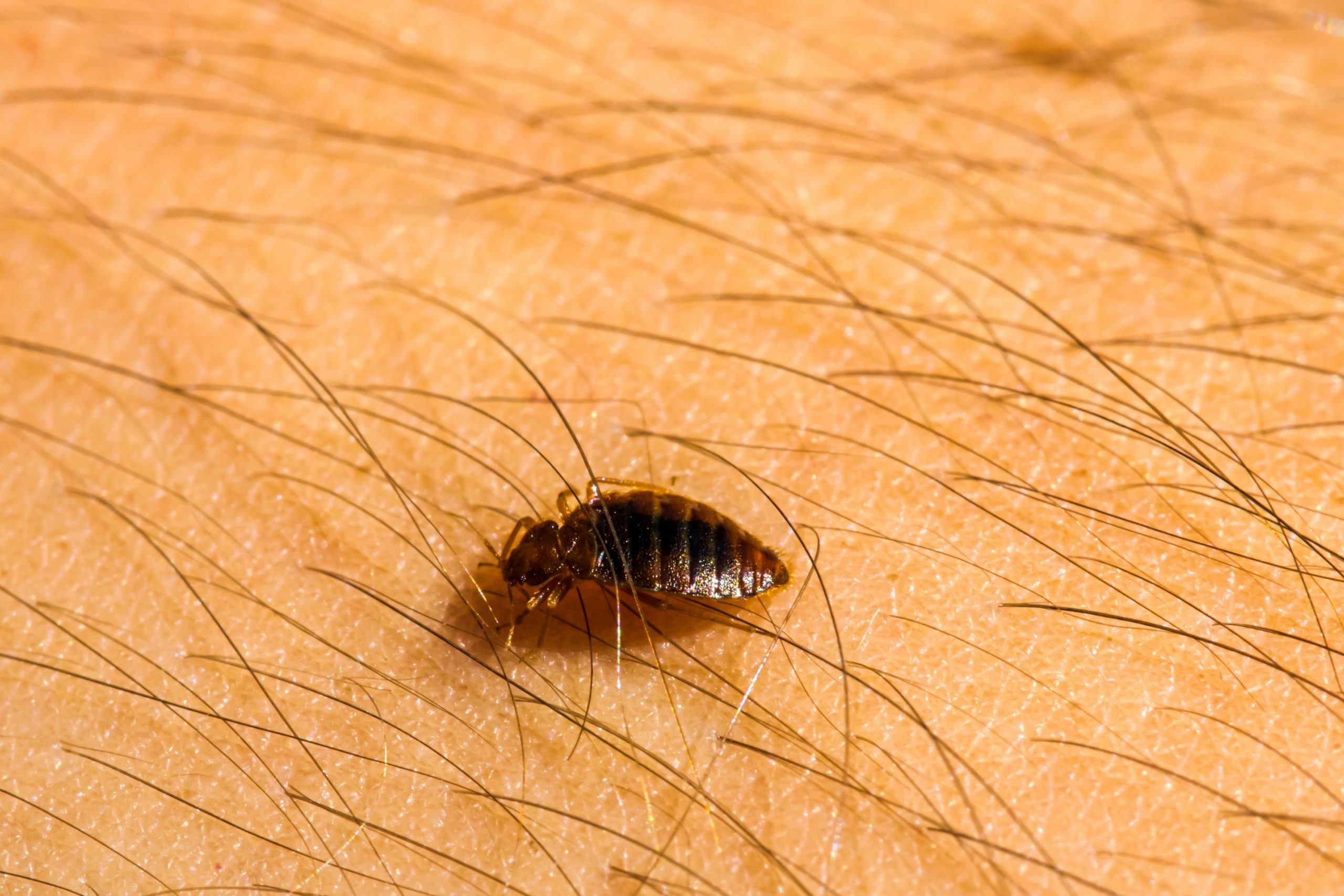
These methods are way more effective in terms of dealing with the bed bug infestation in your home since they have been approved by the generations of those who suffered from these pests.
So, this is what we wanted to tell you about the ways and methods, as well as the remedies used for killing such annoying and hard-to-kill parasites as bed bugs. If you have ever had to deal with them, you know how difficult it may be to get rid of these bloodsucking critters once they settle in your home! This is why people tend to seek for the most effective remedies to use on them.
However, it is important to know what remedies are indeed effective, and which ones are only fakes. In this article, we told you what “anti-bed bug” remedies are in fact fakes that don’t work at all or work very little. And instead, we shared a few truly well-working solutions with you which will give more effect when applied in your home.
And since the bed bug killing methods we suggested are very simple, you should not have any problems with using them to free your home from these pesky critters once and for all.
[wp-faq-schema title=”Frequently Asked Questions”]
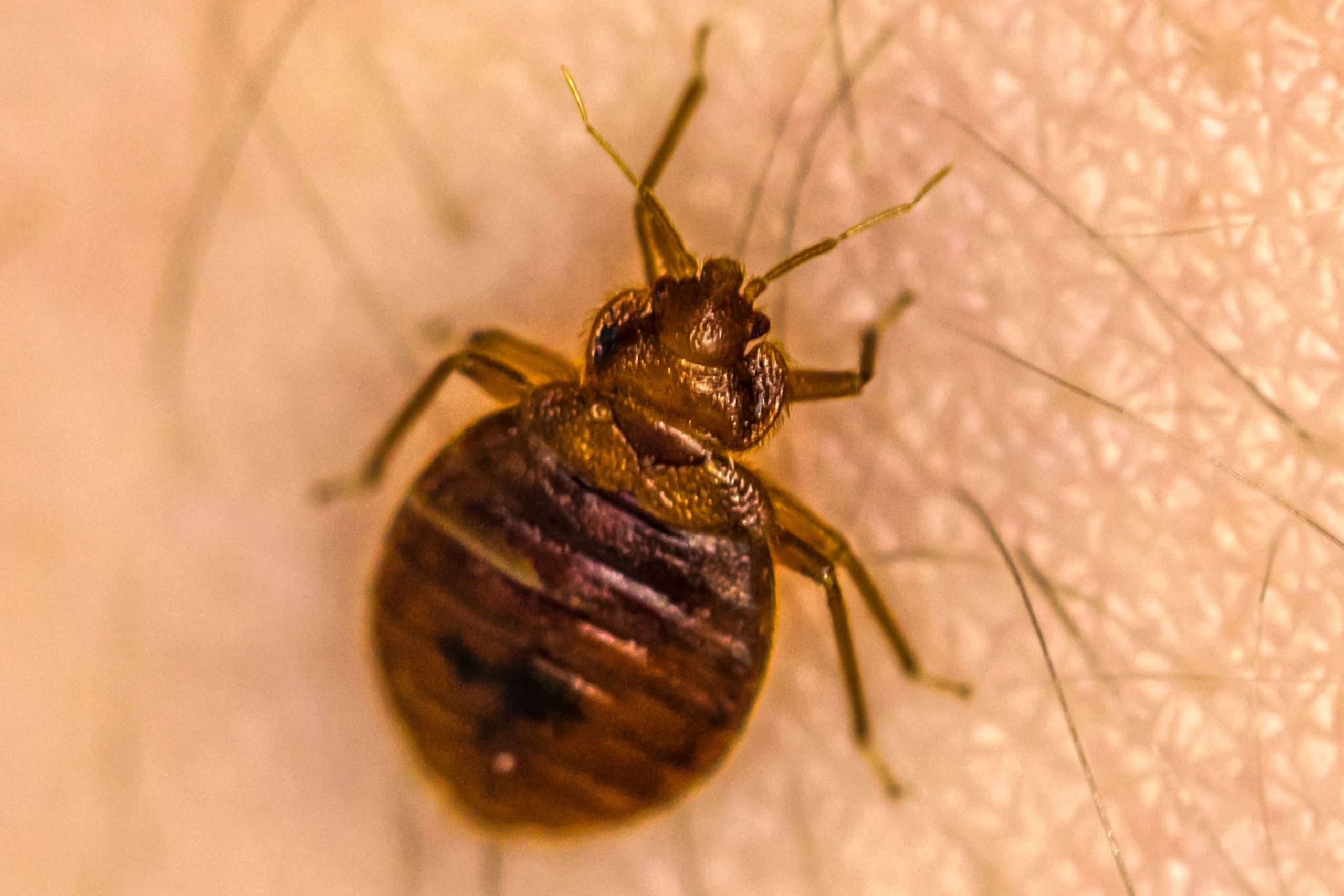
Does vinegar and baking soda kill bed bugs? I heard that soda itself is not an option, but what if I mix it with vinegar? Will it give a better effect?
You won’t have any effect at all since vinegar causes a chemical reaction when added to baking soda. As a result, baking soda will simply be dissolved in acetum. I guess this is not the plan in terms of using this solution as a bed bug killing remedy!
Will bed bugs survive if I spray the bed with vinegar? I don’t want to use chemicals because I always have a severe headache after using them, so I’m looking for any human-friendly remedies instead.
Personally I have never tried vinegar as a bed bug killing remedy, but I read that it doesn’t work as one. I don’t remember why exactly, I just memorized the fact that it doesn’t. I guess you could try something else, e.g. vacuuming or washing your bedding in hot water. But to destroy the colony, you need to call the exterminators, I guess.